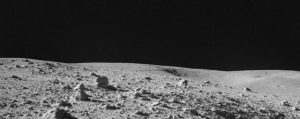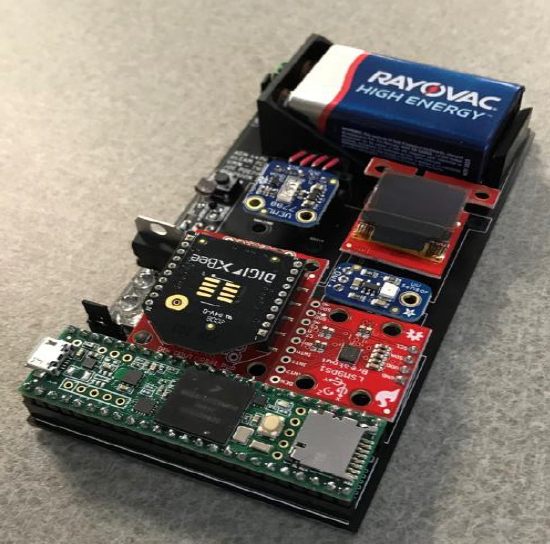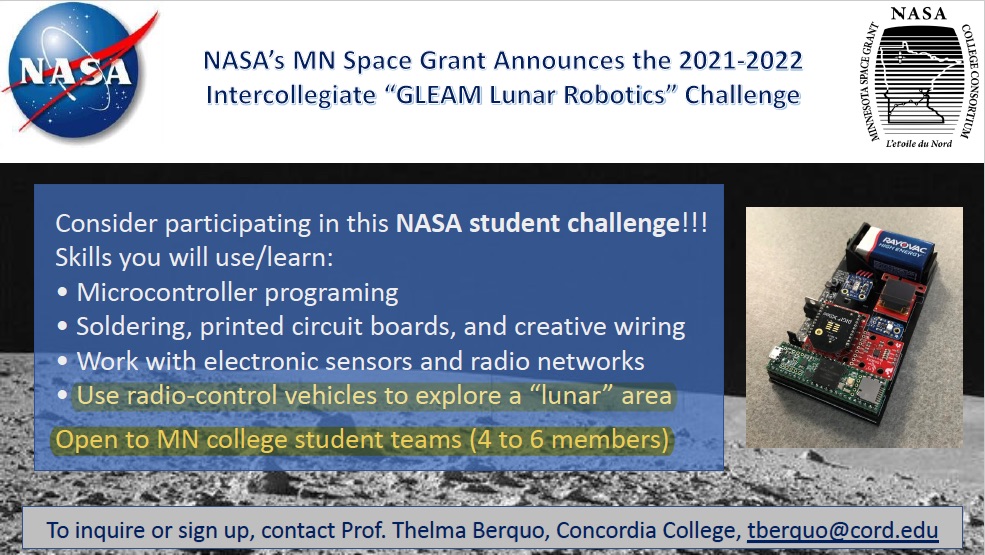NASA’s Minnesota Space Grant Consortium (MnSGC) is pleased to announce the “MnSGC 2021-2022 GLEAM Lunar Robotics Intercollegiate Challenge.”
Challenge website: https://m.dept.aem.umn.edu//msgc/MN_Space_Grant_GLEAM_Lunar_Robotics_Challenge_2021_2022/
In this challenge, which will run from October 2021 through March 2022, teams of students will develop small electronic sensor suites which will be carried by miniature radio-controlled surface vehicles to explore an unknown, totally-dark environment. Think “permanently-shadowed craters on the lunar surface.” (Hint: The surface vehicles will want to carry lights.) Teams will establish a short-range-radio network to transmit their sensor data and also use live-streamed video to direct exploration efforts by multiple surface vehicles simultaneously.
To participate (SIGN-UPS ARE NOW CLOSED), first identify a faculty adviser (to supervise activities and to ensure COVID-19 restrictions, if any remain, are followed — this person does not need to be a robotics nor an electronics/programming expert). Then assemble a team of 4 to 6 students (with at least some female and/or underrepresented minority members).
Each team will be provided with a set of useful “starter” parts, including sensors, microcontrollers, and short-range radios, plus instructions about how to use them. Teams will then be expected to either build additional devices similar to the starter ones and/or to go above and beyond those parts to design their own exploration system. Each team will need access to soldering equipment (not provided centrally — that might cost about $100, if you need to purchase it) plus a laptop for microcontroller programming — the software is free. Teams will also need to be given (or raise) at least some additional funds with which to purchase spare, additional, and custom parts, if they want to go beyond the starter parts that are provided
Teams will benefit from having a dedicated build space as well. Schools with more than 6 interested students may field additional teams (on their own dime), possibly sharing the same faculty adviser.
Over the course of the school year teams will be produce several relatively-short reports, at least one of which will be in writing and at least one of which will be a pre-recorded video. At least one report will also be a live oral presentation, before a panel of judges (possibly delivered remotely). Dates and details about reporting will be provided later.
The challenge will culminate with the adviser assembling a “mystery” exploration area in a fully-darkenable space on campus (possibly outside, to be explored at night) then having the student team “explore” it with their hardware from a distance (no line-of-sight monitoring allowed) by radio-control, using live video for decision-making, taking photos for mapping, and making measurements of environmental conditions and contents. The date for this “lunar exploration” event (to be done essentially simultaneously at participating institutions) will be near the end of March, 2022, so that final reports can be finished by early-April, before spring semester is over.
If you have questions, or to sign up your school to participate, contact Professor Thelma Berquo tberquo@cord.edu at Concordia College in Moorhead. Sign-ups will close BEFORE the end of September — first come, first served. SIGN-UPS ARE NOW CLOSED. An in-person kick-off, to be attended by team representatives (preferably the faculty adviser plus at least one student), will be held at the U of MN – Twin Cities (Minneapolis campus) on Sunday, Oct. 10, 2021, from about 9 a.m. till about 2 p.m.


